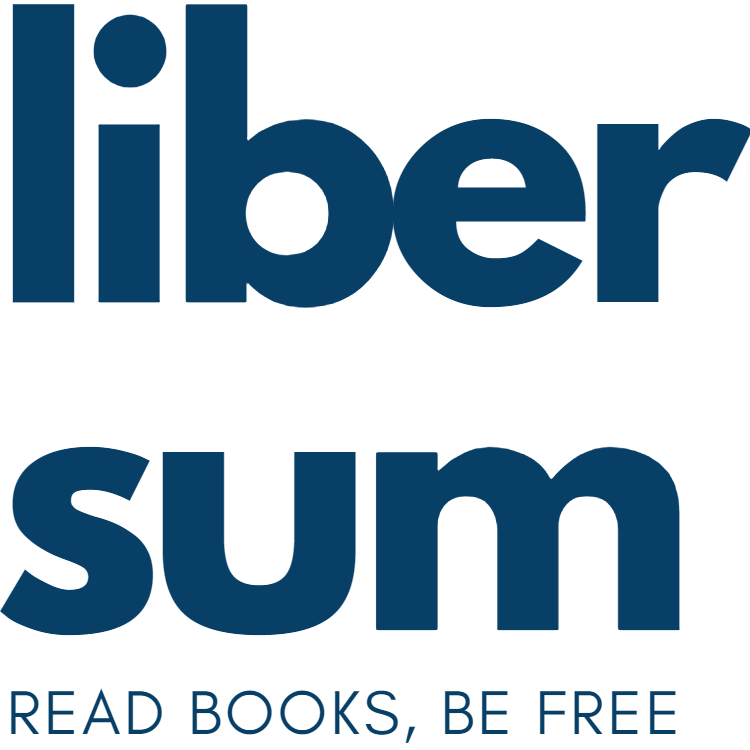"If you're going to be a writer you have to be one of the great ones… After all, there are better ways to starve to death." wrote Gabriel García Márquez in his autobiography "Living to Tell the Tale". This month, we have selected books that look into the lives of writers and artists and acknowledge the precarity and challenges brought by the choice of an artistic career. The books in this collection will also show how art can be a remedy, a way to come to terms with life or, sometimes, to shape it to fit one's pre-conceived ideas.

The Door - Magda Szabó
Magda Szabó (1917 - 2007) was one of the best-known Hungarian novelists, although her novels have only recently been translated into English. In this novel, Szabó explores the complex and precarious relationship between creative and domestic work. In "The Door", the protagonist is a female writer living with her husband (also a writer) in communist Hungary, in Budapest. Their writing had been banned, but now that they have been allowed to write again, Szabó's protagonist hires a woman to help her with the chores so that she can devote more time to her writing. What follows is a complex and sometimes bizarre tale of the relationship between the two women that ultimately grows into a mutual dependency. It is a novel where not much happens superficially, but that offers deep and unsettling insights about human relationships, belonging and love.

The Ecliptic - Benjamin Wood
"The Ecliptic" by Benjamin Wood is set in an artists' colony on an island off the coast of Istanbul, where the arrival of a new resident shakes up the rules and routines of the community. Through flashbacks, we learn about one of the resident painter's once brilliant career and London's 1960 art scene. Moving back and forth in time, the novel is a captivating read with unexpected plot twists simultaneously offering a psychologically accurate exploration of how creativity works (and fails to), the role of artists' sincerity and the meaning of "success" in a creative life.

The Magician - Colm Tóibín
In this fictionalised biography of Thomas Mann, Colm Tóibín offers a nuanced and intimate portrait of the famed German writer, his thoughts, struggles, and relationships. Through meticulous research, Tóibín sheds light on aspects of his life that have remained relatively unknown to the public. He delves into Mann's relationships that influenced his creative process, both within his family and among his fellow artists and other prominent figures of his time. Exploring Mann's struggle with his sexuality and desires in a time when homosexuality was stigmatised, the novel raises questions about identity and self-acceptance.

Charlotte - David Foenkinos
Charlotte Salomon was a German-Jewish painter who died in Auschwitz in 1943 at 26 years of age, leaving behind 800 gouache paintings titled "Life? Or Theatre? A Play With Music." She managed to hand her paintings to a local physician just before being deported; now, many of these are stored at the Jewish Historical Museum in Amsterdam and can be viewed online here: https://charlotte.jck.nl/. This deeply personal project helped the young woman come to terms with the tragic events in her life. The work she left behind has inspired many artists, filmmakers and writers. In this book, David Foenkinos brings her story to life, combining elements of biography, fiction and art. It is a moving and thought-provoking novel that pays tribute to an extraordinary artist and her indomitable spirit.

The Colony - Audrey Magee
An Englishman and a Frenchman travel to a remote Irish island… no, this is not a joke; it is a concise summary of "The Colony" by Audrey Magee. The book's setting is a small island in the Atlantic populated mainly by fishermen where an English painter and a French artist – each with a rather impressive ego – arrive seeking solitude and authenticity (while, in reality, only ready to see clichés). It is a multi-layered and unhurried book that delves into questions of colonialism, as well as different and conflicting perspectives on art, language and culture.

The Upside-Down World: Meetings with the Dutch Masters - Benjamin Moser (BONUS)
Benjamin Moser is a Pulitzer-Prize-winning biographer, essayist and translator who made the Netherlands his home about 20 years ago. Since then, he has been exploring and getting re-enchanted with the Dutch masters, delving deeper into their lives, motivations, and approaches to art. For Moser, this book is also a way to understand his own identity as a writer and a foreigner in the Netherlands and '" explore [his] own questions: about love and death and art and money, about how to see and how to be."
